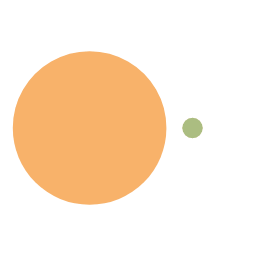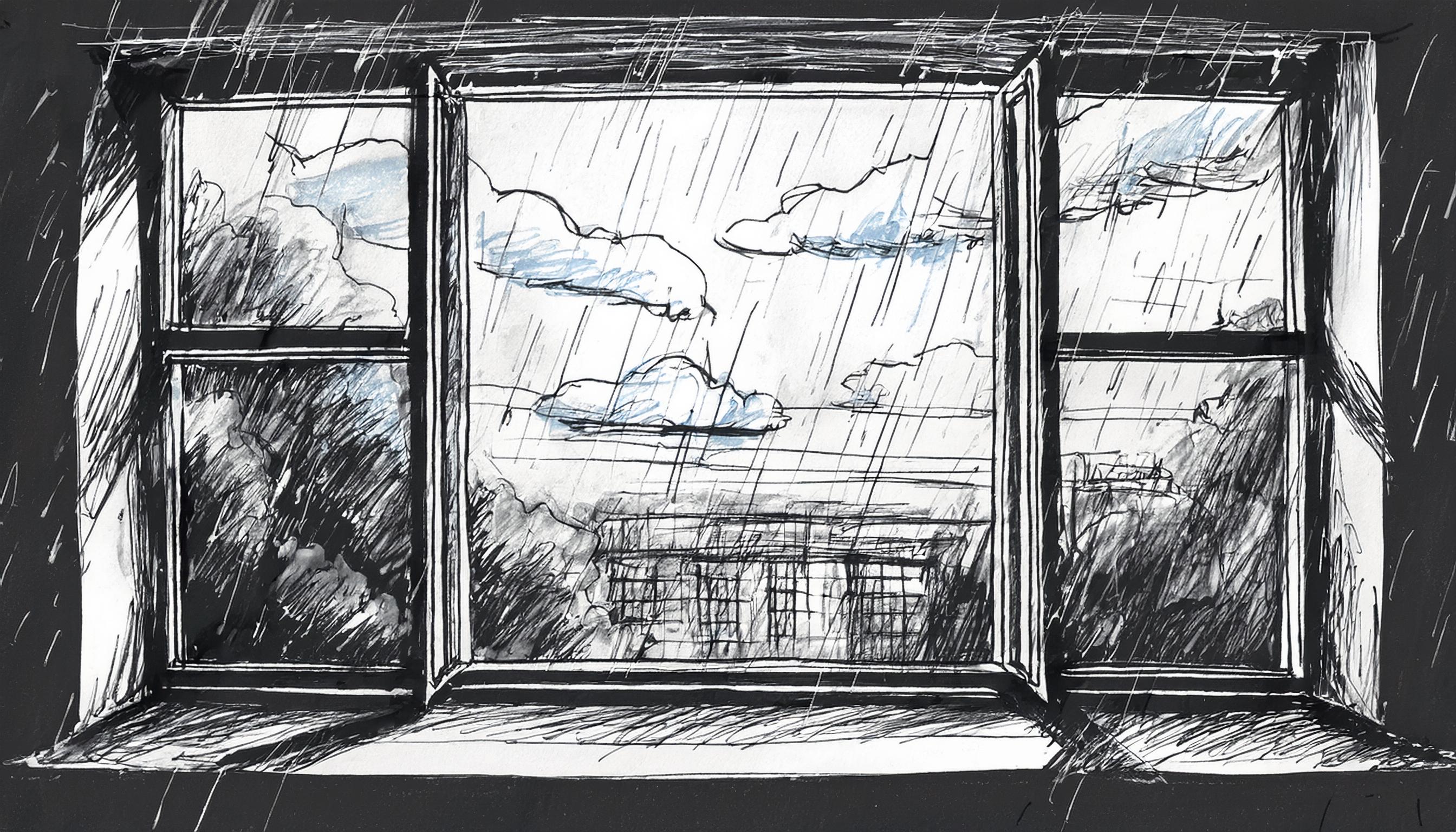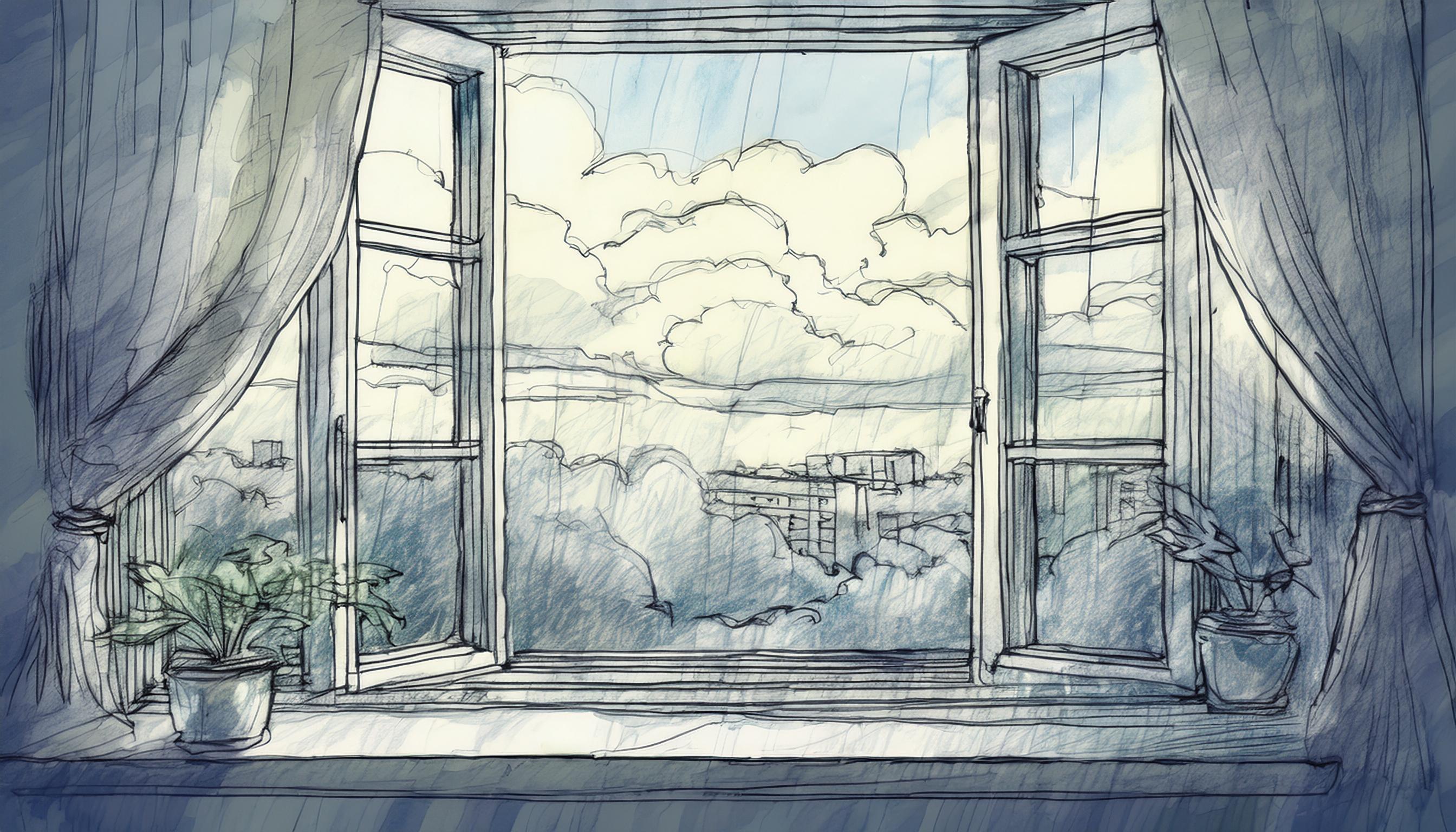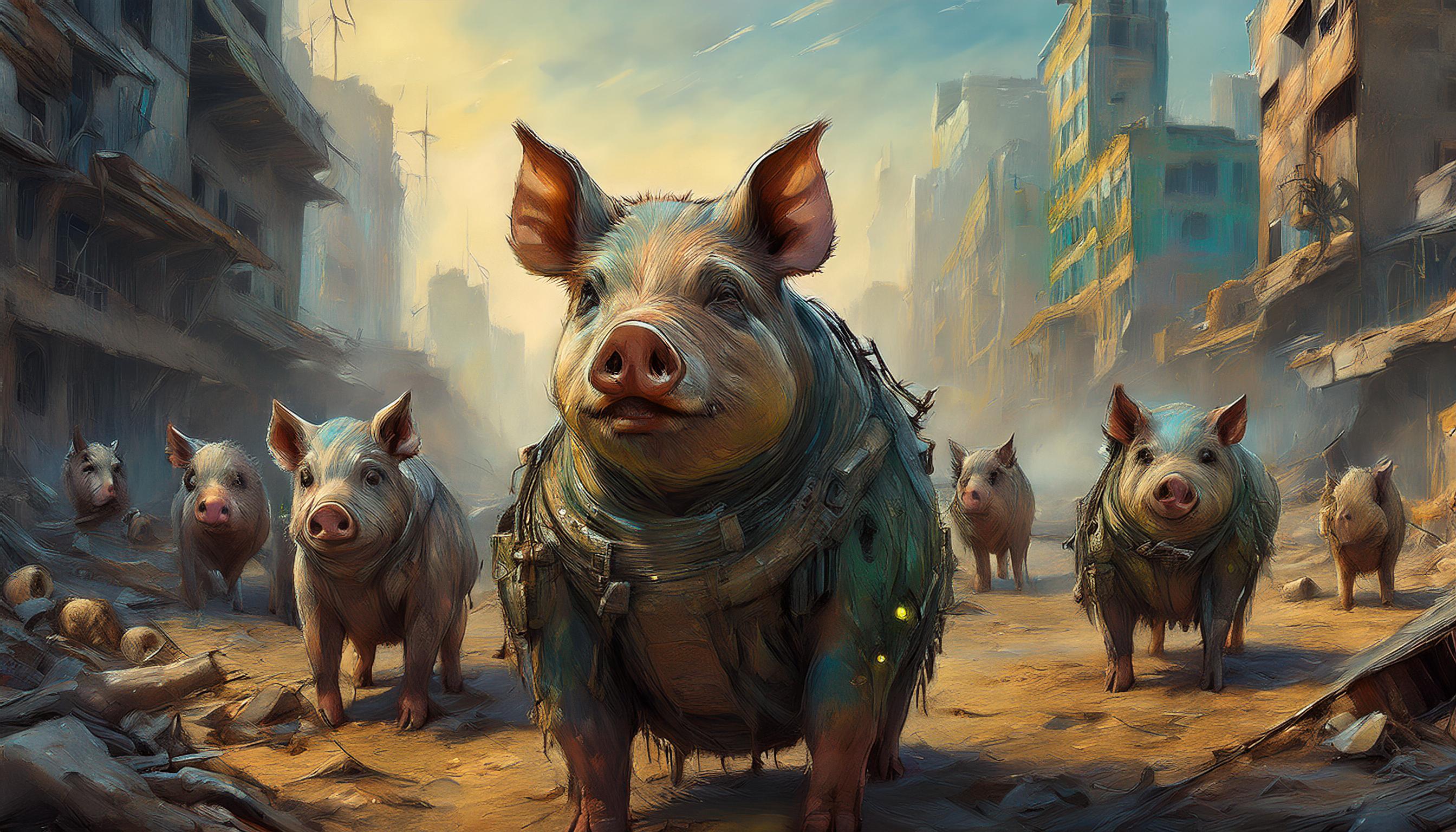Thank You by Dido
Thank You
I think that learning and reflecting is to live without innocence.
1 | After Thank You (Dido) |
This poem is a recreation based of the lyrics from Dido. It adds elements of sarcasm and historical background inside.
Desperation
In Verse 1, we are immediately immersed in a bleak, industrial world:
My stomach’s empty, I’m wondering why I
Got out of bed at all
The furnace smoke clouds up my window
And I can’t see at all
The Daily Burden and Collective Sacrifice
Verse 2 pulls us deeper into the relentless grind:
I chewed some roots last night, got tax to pay
My body’s wracked with hunger’s strain
I missed the meal line, there’ll be hell today
I’m late for the furnace again
The mundanity of chewing roots and paying tax—small, desperate acts of survival—echo the way entire communities were forced into collective labor during the Great Leap Forward. Every missed meal, every delay in the endless cycle of work, is a tiny indictment of a system that promises progress but delivers starvation. During this period, a quiet murmur—“Recall the pledge?”—suggests that there is a collective “noble goal” that binds everyone together even as it strips away personal dignity.
Propagandistic Rhetoric
The Chorus delivers a chilling contradiction:
And I must thank you
For giving us this noble goal each day
Oh, to stand with you
Is the biggest shame of my life
At first glance, this sounds like gratitude. But it is described ina sarcastic way that the so-called progress is in reality people suffering in silence.
The Explosive Rebellion
Then, in Verse 3, the facade finally cracks:
I crawl through the door, I’m home at last
And I’m starving through and through
Then I saw your face on the board
Oh, Fuck You
This raw burst of anger is a moment where the carefully maintained utopian society shatters. Here, the speaker rejects not only the oppressive forces represented by the “you” on the wall but also the entire system.
And even if I died right now
Nobody would have a clue
This line stings. It’s not just about physical hunger anymore; it’s about being invisible, completely forgotten. The system swallows people whole, and no one even notices when they disappear.
Because you’re near me
Oh Not today, oh please today!
This ending is almost desperate. “You’re near me” could mean the oppressive presence of that leader, always lingering, always there. But the last line? It’s complicated. Is the speaker pleading for one more day of survival? Or for it all to end? It’s left open, hanging, unresolved—just like the reality they live in.
Reflections
I hope that the window you see will be as bright as the picture below. Poetry and other medias are only a lens to see the world.
I think that learning and reflecting is to live without innocence.






